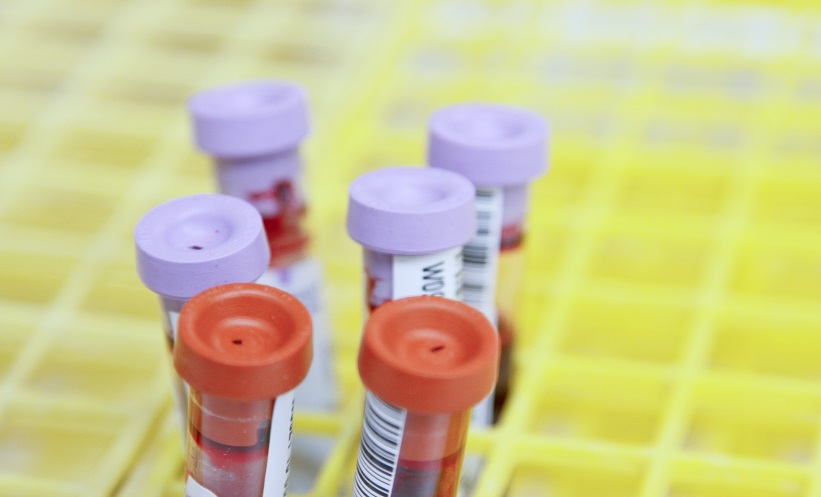ARTIFICIAL intelligence can detect more than 80% of liver cancers through blood testing technology, according to a new study including 724 people. The technology had previously been used to detect lung cancer successfully.
DNA evaluation of fragments for early interception (DELFI) allows for the detection of fragmentation changes among cell-free DNA (cfDNA), meaning DNA from cancer cells that are shed into the bloodstream. It uses a blood test to measure how DNA is packaged inside the nucleus of a cell by analysing the amount and the size of cfDNA that is present in the circulation. While healthy cells place different regions of the genome in various compartments carefully, cancer cells are disorganised, and items from the genome are thrown in haphazardly. When they die, cancer cells release DNA fragments into the bloodstream. By analysing cfDNA fragments for abnormal patterns, DELFI can identify the presence of cancer. As it only requires low-coverage sequencing, the technique is cost-effective in a screening setting.
Study co-lead Victor Velculescu, Cancer Genetics and Epigenetics Program at the John Hopkins Kimmel Cancer Center, Baltimore, Maryland, USA, and colleagues, used 724 plasma samples, which included samples from 75 people in order to train the machine learning model. They used an additional 223 plasma samples, including samples from 90 people with hepatocellular carcinoma, 35 with hepatitis B virus-related liver cirrhosis, 66 with hepatitis B virus, and 32 people without underlying risk factors for validation. Patterns of fragmentation were analysed to develop a DELFI score.
Results showed that people who did not have cancer but had cirrhosis or hepatitis had low scores, but patients with hepatocellular cancer had scores that were on average five to 10 times higher. These high scores were seen across all cancer stages. DELFI was able to detect liver cancer, even at early stages, with an overall sensitivity of 88% and specificity of 98% in people at average risk. In those at high risk, sensitivity was of 85% and specificity of 80%.








